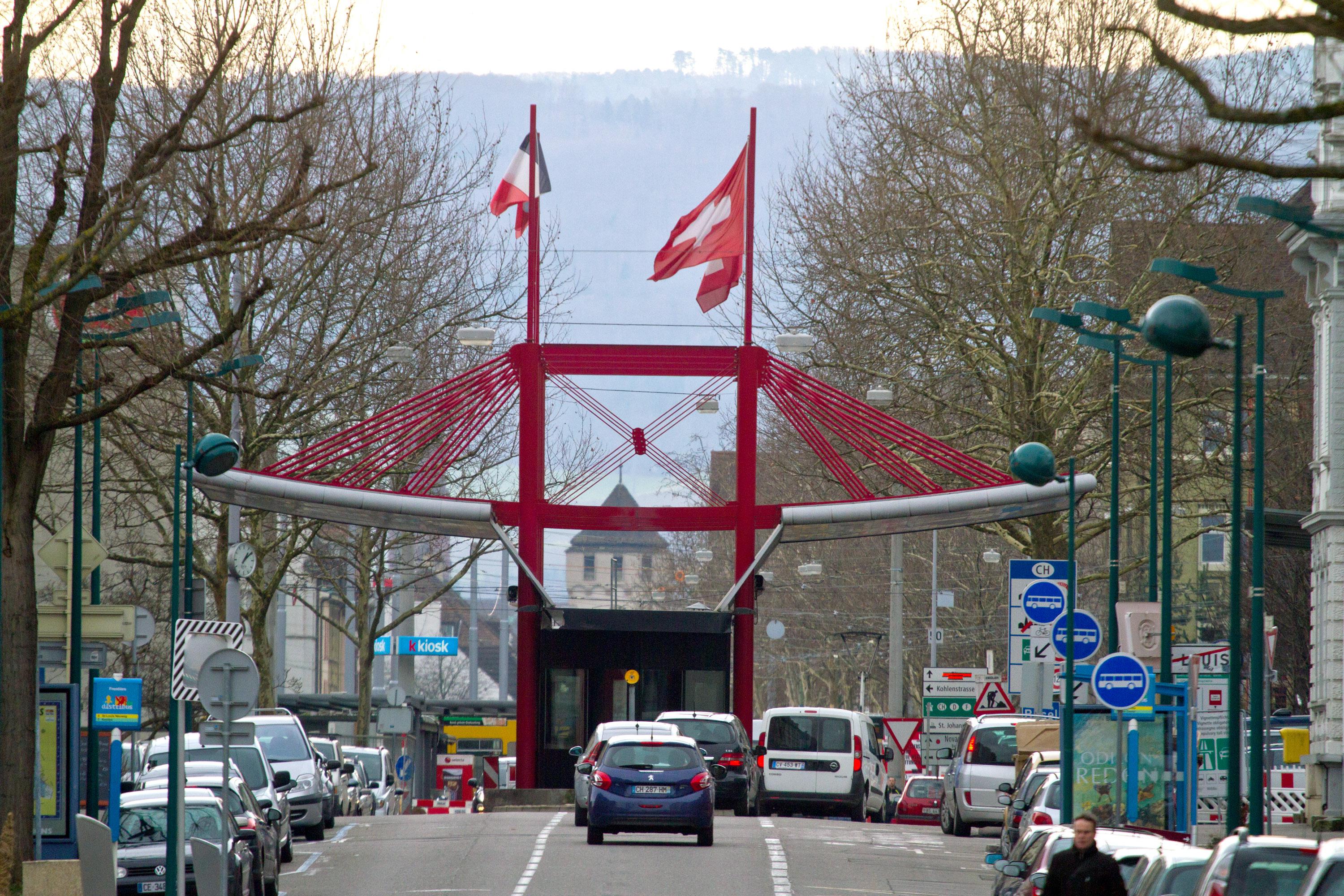A narrow majority of Swiss voters shocked Europe over the weekend by approving new restrictions on the number of immigrants allowed to live and work in the country. The referendum, introduced by the right-wing Swiss People’s Party, split Switzerland across linguistic lines with the French-speaking west opposing the measure and the German-speaking east largely supporting it.
In addition to being a sign of rising anti-immigrant sentiment in Europe, the move could be a worrying indication for the future of free movement across the continent’s national borders—one of the hallmark achievements of the European Union.
Switzerland is not a member of the EU but is part of the continentwide passport-free zone known as the Schengen Area. As the Guardian puts it, the new quotas will pose a challenge to Schengen “since the caps will also apply to EU citizens who previously enjoyed unfettered travel and working rights in Switzerland under the open borders system.” The European Commission now says it will have to review a range of agreements between Switzerland and the EU, with Vice President Viviane Reding colorfully arguing that “The single market is not a Swiss cheese. You cannot have a single market with holes in it.”
Switzerland’s an outlier for obvious reasons, but the vote was applauded by anti-immigrant parties in other countries and could be a sign of new restrictions to come in members of the EU proper. Other governments, including Norway, have suggested removing themselves from the Schengen Area, and there’s been widespread opposition to allowing recent EU members Bulgaria and Romanian to join. EU leaders reportedly discussed scrapping Schengen and reimposing border controls in the event of Greece deciding to exit the eurozone—which for the time being appears to be a remote possibility.
The depth of anti-immigrant sentiment in Switzerland is a bit puzzling, given that with a quarter of its residents being foreign-born, it has the lowest unemployment rate in Europe at 4 percent and its economy is among the strongest. If a law like this can pass there, it seems like the dominoes could fall pretty fast for the rest of the continent and the days of passport-free borders might be numbered.
